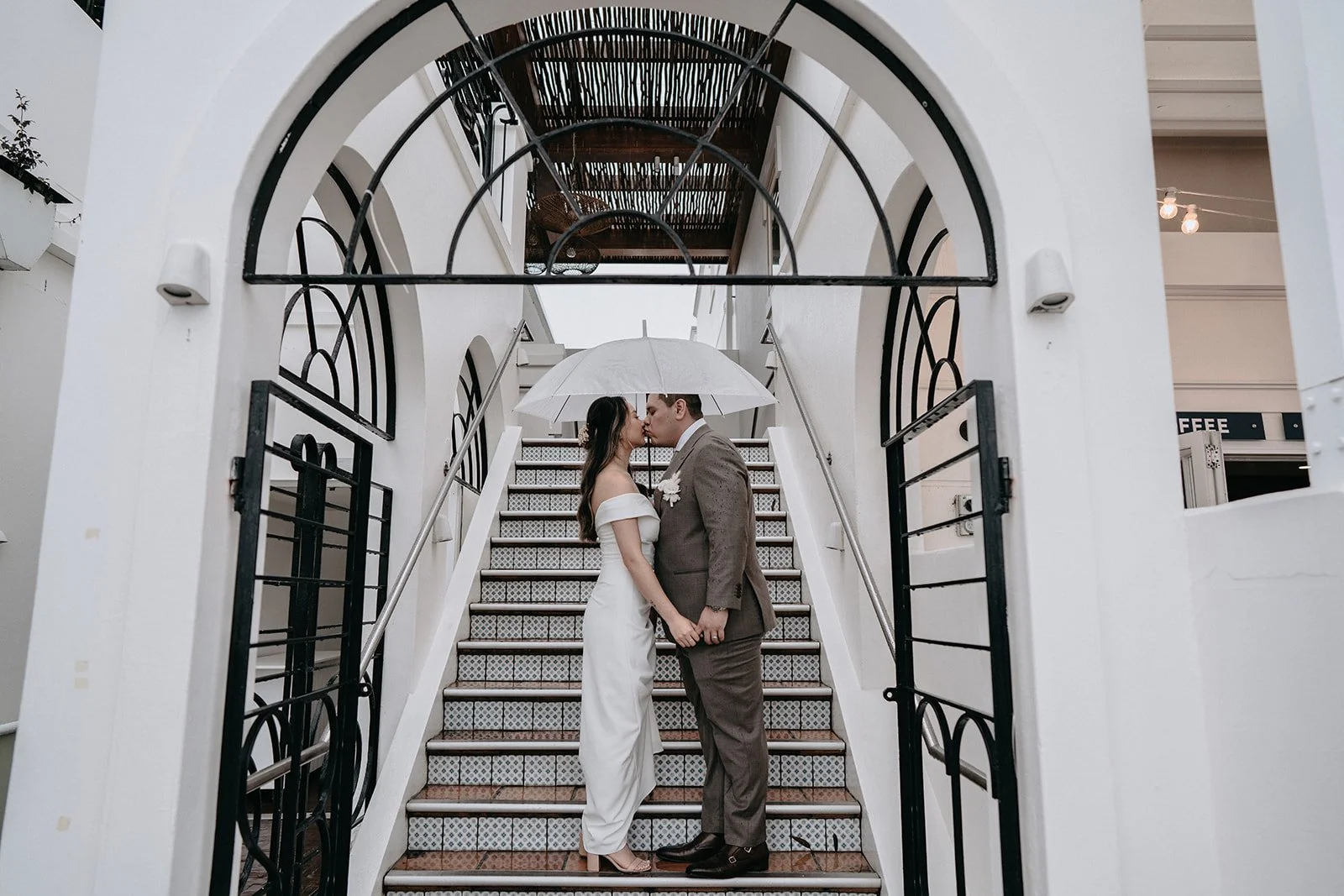
How to Choose a Wedding Venue
Your venue is more than just four walls (or a stretch of coastline, or a garden under the stars). It’s the backdrop to your promises, the place your friends and family will gather, and where the memories you look back on will be set. That’s why choosing the right one matters so much.
It’s easy to get swept up in glossy photos and Pinterest boards, but before you book, pause and think about what’s truly important to you. Your priorities as a couple will help steer the search.
Location: where will your love story unfold?
Do you imagine walking barefoot down to the beach, or would you rather raise a glass in a grand hall? Start by asking yourselves whether you’d like to stay close to home or whisk everyone away for a destination celebration.
If you’re planning a local wedding, think about how easy it will be for your guests to get there and back. If it’s a destination, look into the accommodation options nearby. Will people need to hire cars? Is there enough variety in price ranges so everyone feels comfortable?
Also consider the flow of your day. Having your ceremony and reception in the same place is wonderfully seamless, while a change of scenery can feel exciting but adds extra logistics.
Cost: what’s behind the price tag?
Every venue has its own way of structuring costs, so it pays to ask questions early. Most will have a minimum spend — but what does that actually include?
Some venues are styled so beautifully that you hardly need to add a thing. Others may be blank canvases, which gives you freedom but also means hiring or buying extra décor, lighting, and sometimes even furniture. Don’t forget to check the fine print for hidden costs like corkage, service fees, or overtime charges.
Think about what feels realistic for you, not just now but in the lead-up to the wedding. You don’t want to fall in love with a space only to realise the true cost doubles once everything is added in.
Look and feel: your day, your vibe
The aesthetic of your venue sets the tone for the entire day. Do you want rustic romance, coastal breeziness, garden-party charm, or urban chic? Picture how you’d like your guests to feel when they arrive.
Some couples love the ease of a traditional wedding venue that comes styled and ready. Others are drawn to something unique — a warehouse, a vineyard, a family property — where the character is built in. The question to ask is: how much work (and money) do you want to put into creating the atmosphere you’re after?
Food and drink: fuel for the celebration
Nothing shapes a party quite like the food and drinks. If your venue has in-house catering, is it the kind of menu you’ll be excited to share with your guests? Can they tweak things to reflect your tastes and dietary needs?
If outside catering is allowed, what’s the set-up like? Will your caterer need to bring their own kitchen? Are there restrictions on who you can use? And don’t forget beverages — some venues are BYO, others have strict packages. Make sure whatever’s on offer feels like a good fit for you.
What’s included: the extras that add up
It’s worth knowing exactly what the venue provides and what you’ll need to source yourself. Think about chairs, tables, lighting, glassware, linen, sound equipment, even toilets in some rural locations. Some places include it all; others leave it in your hands.
The same goes for staff. Does the venue team take care of everything on the day, or are you responsible for organising service through your caterer?
Restrictions: know before you book
Romantic visions sometimes clash with practicalities. Noise restrictions can cut the party short, curfews can limit your timeline, and rules around décor or candles may affect your styling. These details aren’t deal breakers for everyone, but they’re worth knowing in advance so there are no surprises.
Guests: getting them there and home again
How easy is it for your guests to arrive and leave safely? If the venue is remote, will you need to organise buses? Are taxis and rideshares easy to find? Is there parking, and can cars be left overnight without worry?
Your guests will thank you for thinking ahead — nothing kills the mood like being stranded after the dance floor closes.
Bump in and bump out: the unglamorous but important stuff
One of the most overlooked details is timing. What time can your suppliers start setting up? If the venue is a restaurant, for example, they may only allow bump in after lunch service. That can limit what you or your vendors can realistically achieve.
And after the party? How soon do you need to clear out? Some venues want everything gone that night or early the next morning. Others let you collect things the following day. Ask the question — you’ll thank yourself when you’re not hauling boxes of leftover wine at 7am after a big night.
Final details: the little things that make a big difference
Beyond the big picture, small details matter too:
Does the venue have a wet-weather backup if part of your day is outside?
What’s their policy on postponements or cancellations?
How professional is their team — do they know weddings inside and out, and how will staff present on the day?
How fixed are prices when you’re booking well in advance?
Choosing your venue
At the end of the day, the best venue is the one that feels like you. When you walk in and can picture yourselves there — laughing with your guests, sharing your first dance, making memories — that’s when you’ll know you’ve found the right one.

